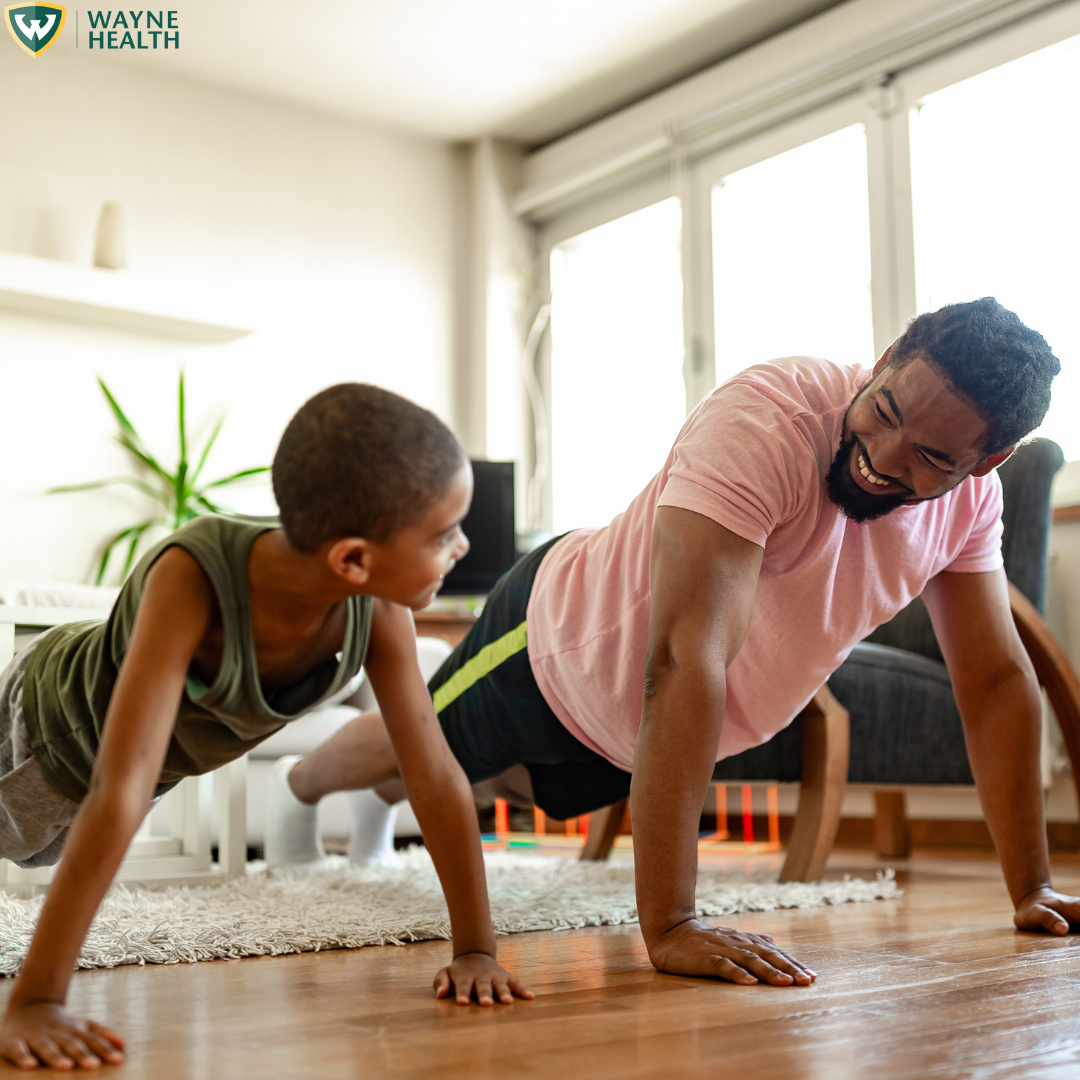Implementing exercise into your routine can benefit your mental health
January 11, 2022
By Dana Kabbani, M.D., Department of Internal Medicine
Many of us take our mental health for granted and face everyday challenges including anxiety and depression that are amplified in the winter. There is no easy solution to the various aspects of our mental health struggles, and mental health cannot be treated in 300 words or less. However, the data is clear- the more you move, the better you will feel. On your worst days, it’s important for you stay moving. For those who struggle with anxiety, you can burn off those fight or flight hormones to fuel your workout. And for those struggling with depression, you can use the work out to drive up the feel-good hormones known as endorphins to elevate your mood.
Research shows that exercise helps with anxiety and depression, and should be used as a tool alongside therapy and medication. Exercising creates new connections in the brain that can relieve depression. And aside from the science, exercise can give you a break from life when you need it- sometimes it’s good to welcome that interruption and learn how to utilize it as a tool to put YOU first.
Exercising will provide a step in the right direction towards mental health well-being, pun intended. Start with five minutes of activity daily, with a new goal every day. The research is there: the more you move, the better you will feel.
Extra exercising for mental health content:
It can be hard to be active when you feel depressed or anxious or have a mental health problem. But activity can help you feel better, so do your best to find a way to be active. It’s fine to start with small steps. You can build up from a few minutes a day.
- Don’t overdo it. Start with simple exercises, such as walking, bicycling, swimming, or jogging.
- Warm up your muscles for about 5 minutes before you start exercising. To do this, you can walk, slowly move your arms and legs, or do simple muscle stretches.
- Use the talk-sing test to see whether you’re exercising at the right pace.
- If you can talk during exercise, you’re doing fine.
- If you can sing during exercise, you can exercise a little faster or harder.
- If you are not able to talk, you’re probably exercising too hard. Slow down a bit.
- Cool down for 5 to 10 minutes after you exercise. It’s okay to do some stretching exercises during cooldown.
- Drink water before, during, and after exercise.
- You can make daily activities part of your exercise program. You can:
- Walk to work or to do errands.
- Push a lawn mower, rake leaves, or shovel snow.
- Vacuum or sweep.
- Play actively with your children, or walk the dog.
Do your best to slowly work up to moderate activity for at least 2½ hours a week. Moderate activity means things like brisk walking, brisk cycling, or shooting baskets. But any activities—including daily chores—that raise your heart rate can be included. Find a pace that is comfortable. You can be active in blocks of 10 minutes or more throughout your day and week.
To set up an appointment with Dr. Kabbani, or another Wayne Health provider, visit our appointment page or call (877) 929-6342.
